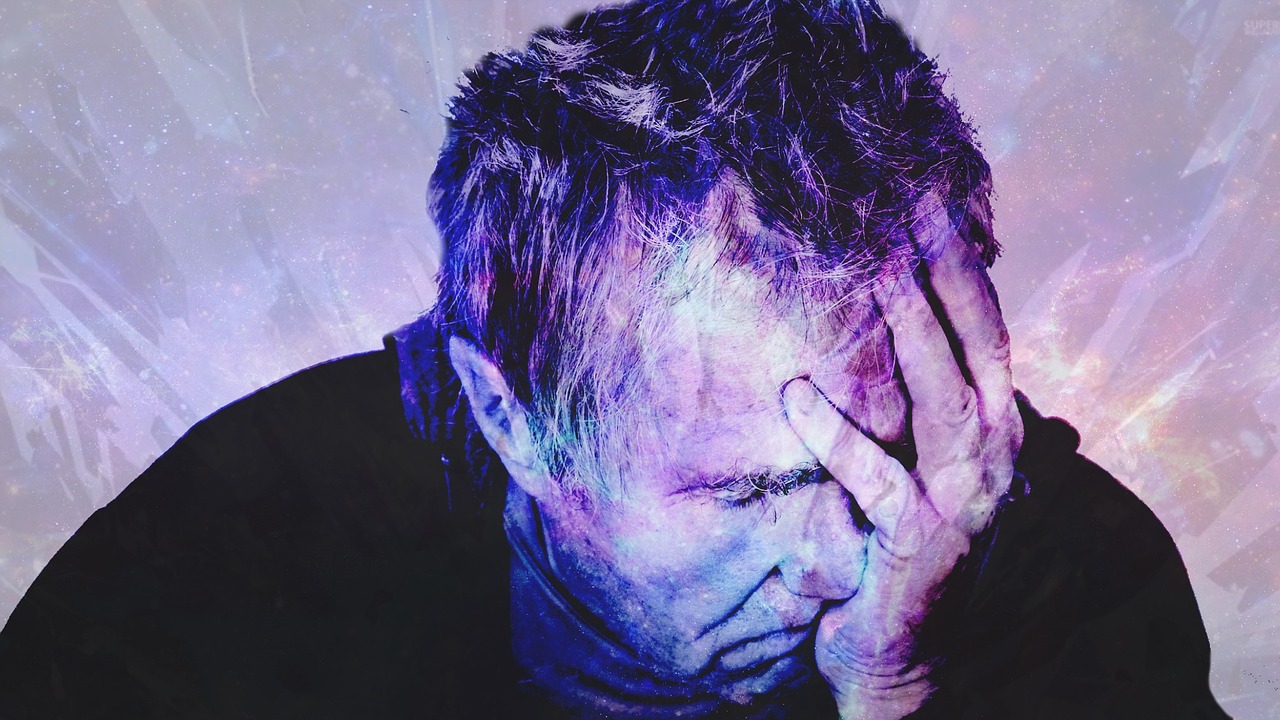A common problem after a sudden cardiac arrest is the overwhelming feeling of tiredness and fatigue – physical, psychological and/or mental.
Fatigue can often manifest in several ways:
- Physical – occurring after physical effort and is restored by rest
- Psychological – seen in states of depression, is relatively constant over time and is not specifically improved by rest
- Mental – occurring after mental activity and is often restored by rest
The full mechanism of fatigue is not fully understood yet but in an SCA survivor, the underlying cause can be for a number of reasons including the actual event, the lack of activity whilst in hospital, the effect of medications or as a result of a hypoxic brain injury.
Fatigue can be described as primary – which relates to your condition i.e. hypoxic brain injury or secondary – which relates to other factors that are not necessarily related to your condition such as stress or worry (concerning work life, home life or relationships) and disrupted sleep patterns.
Excessive tiredness is common to all severities of brain injury, including mild injuries. Tasks that we take for granted, such as getting dressed or walking around can require much more effort after brain injury. It is important to allow for rest periods at regular intervals during the day, and not to feel that everything has to be done at once.
Symptoms may be prominent immediately after the event and often decline gradually, but mental fatigue can be long-lasting for some people. The degree of the fatigue and the time to restore the energy appears not to have any relation to the severity of the injury. Furthermore, the extent of the fatigue seems to be independent of which part of the brain is primarily affected. The person suffering from this kind of mental fatigue may experience rapid mental exhaustion after mental activity which is disproportionate to what is expected.
Mental Fatigue
This condition is characterised by pronounced fatigue after moderate mental activity. Pronounced fatigue can appear very rapidly and, when it does, it is not possible for the affected person to continue the activity. Typical for this kind of fatigue is a profound, long recovery time to get one’s mental energy back. Attention cannot be maintained for more than short periods. Other common associated symptoms are: irritability, tearfulness, sound and light sensitivity as well as headaches
Common Symptoms
- An unusually rapid drain on mental energy levels upon mental activity
- Following over-exertion, a long recovery time disproportionate to the exertion level
- Impaired attention and concentration over time
- Daily variation of the fatigue symptoms with the fatigue often being better in the mornings and worse in the afternoons and evenings; variations from one day to the next;
- Usually one or several associated symptoms (see below).
Much more on mental fatigue can be read at the Gothenburg University website and it also has an app that allows you to undertake a self-test.
More on fatigue and neurological conditions can be found at the Brain and Spine charity website.
Help
SCA_Fatigue_Mgt_v5iCheck out our podcast episode on Managing Fatigue after a cardiac arrest with one of the UK’s leading brain injury fatigue experts, Donna Malley.
Drained by fatigue? Try these 8 ways to cope after brain injury
Study on fatigue caused by hormonal imbalance post brain injury
More on how to manage fatigue is in the Headway booklet
Great video on fatigue and how to cope with it
For more information, you can download this presentation by a neuro physiotherapist on practical fatigue management for people with an acquired brain injury.
An article on fatigue following a brain injury from the International Brain Injury Association.
For clinicians, there is also this document that gives advice on a fatigue rehab model for guiding clinical management.
What survivors want you to know
If you are experiencing fatigue you may want to show others the following list which is taken from a book for brain injury survivors “Lost and Found“. You can read more about each point and the book here.
- I need a lot more rest than I used to.
- I’m not being lazy
- My stamina fluctuates, even though I may look good or “all better” on the outside
- Brain injury rehabilitation takes a very long time; it is usually measured in years.
- I am not being difficult if I resist social situations
- If there is more than one person talking, I may seem uninterested in the conversation
- If we are talking and I tell you that I need to stop, I need to stop NOW!
- Try to notice the circumstances if a behaviour problem arises
- Patience is the best gift you can give me
- Please listen to me with patience
- Please have patience with my memory
- Please don’t be condescending or talk to me like I am a child
- If I seem “rigid,” needing to do tasks the same way all the time; it is because I am retraining my brain
- If I seem “stuck,” my brain may be stuck in the processing of information.
- You may not be able to help me do something if helping requires me to frequently interrupt what I am doing to give you directives
- If I repeat actions, like checking to see if the doors are locked or the stove is turned off, it may seem like I have OCD — obsessive-compulsive disorder — but I may not
- If I seem sensitive, it could be emotional lability as a result of the injury or it may be a reflection of the extraordinary effort it takes to do things now
- We need cheerleaders now, as we start over, just like children do when they are growing up
- Don’t confuse Hope for Denial
Brain Injury Links
[link-library settings=”1″ categorylistoverride=”118″]

